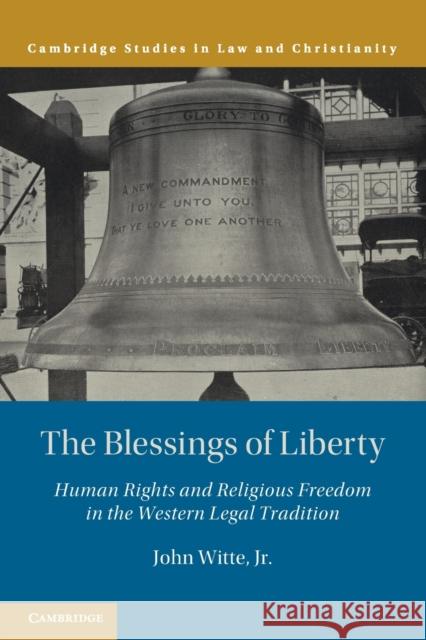The Blessings of Liberty: Human Rights and Religious Freedom in the Western Legal Tradition » książka
topmenu
The Blessings of Liberty: Human Rights and Religious Freedom in the Western Legal Tradition
ISBN-13: 9781108453264 / Angielski / Miękka / 2021 / 300 str.
The Blessings of Liberty: Human Rights and Religious Freedom in the Western Legal Tradition
ISBN-13: 9781108453264 / Angielski / Miękka / 2021 / 300 str.
cena 203,54
(netto: 193,85 VAT: 5%)
Najniższa cena z 30 dni: 149,14
(netto: 193,85 VAT: 5%)
Najniższa cena z 30 dni: 149,14
Termin realizacji zamówienia:
ok. 16-18 dni roboczych.
ok. 16-18 dni roboczych.
Darmowa dostawa!
A robust defense of the essential interdependence of human rights and religious freedom from antiquity to the present.











